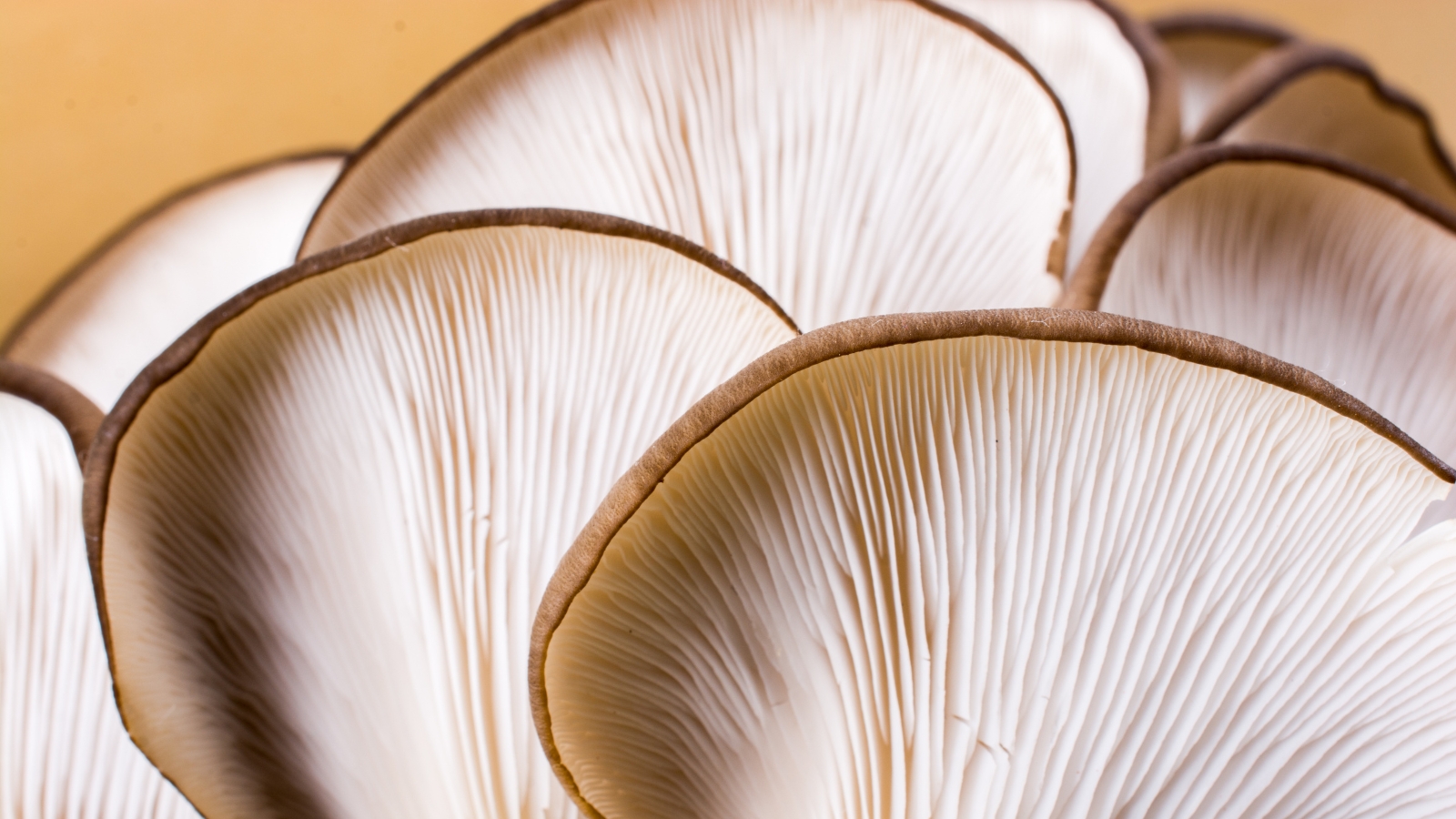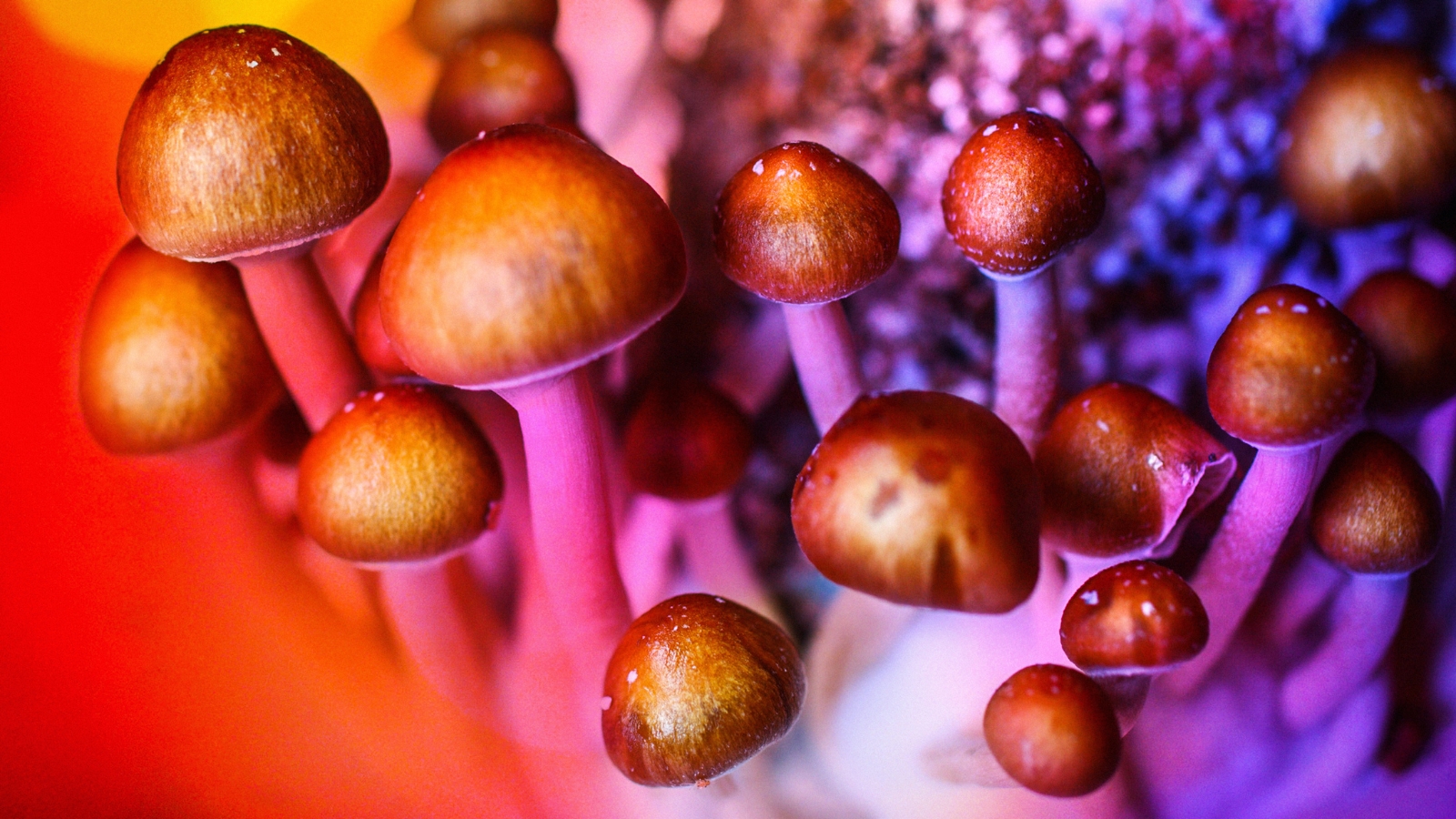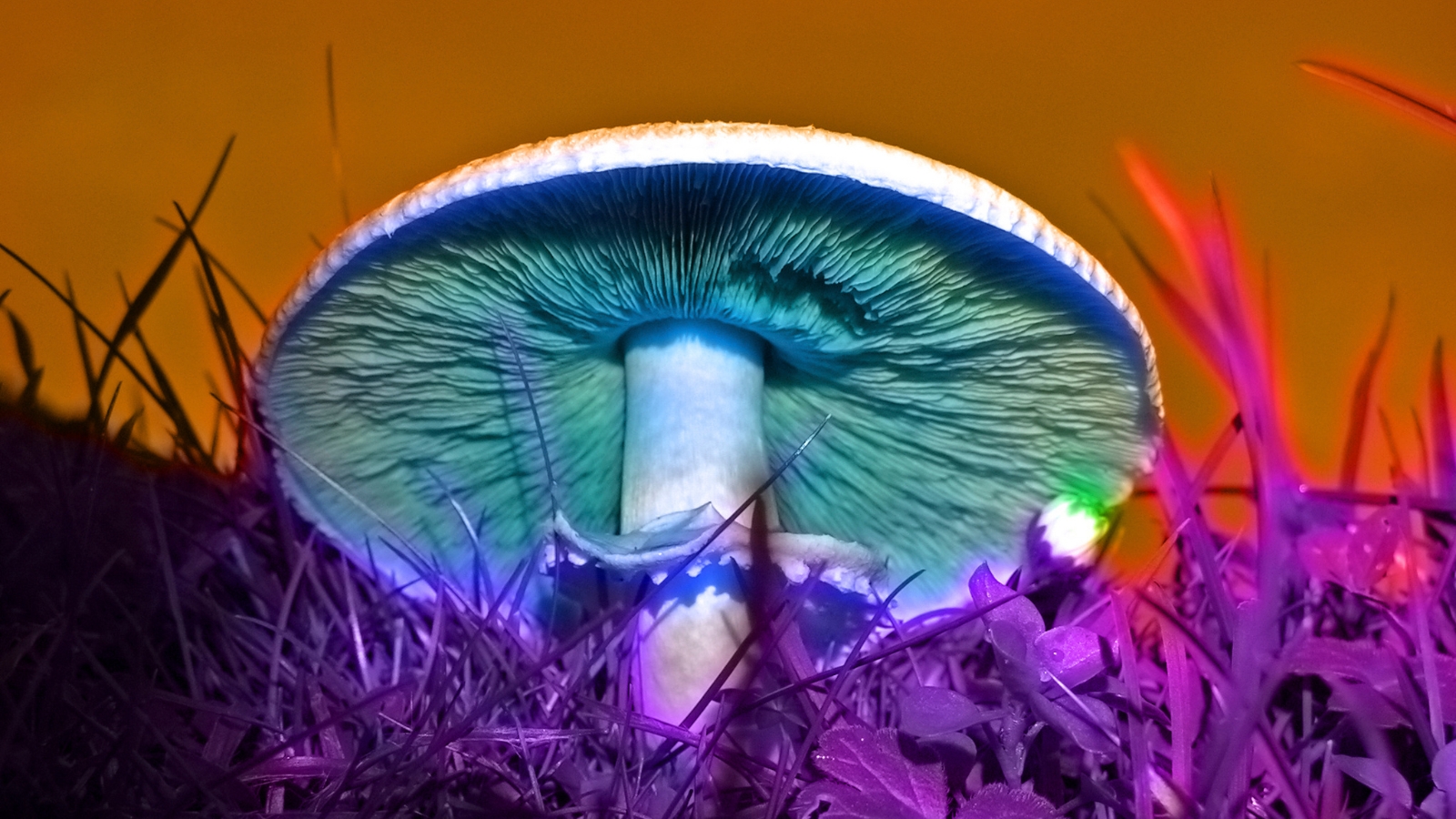Intention: To introduce our favorite (non-psychedelic) medicinal mushrooms, discussing their health benefits backed by research and traditional uses.
Mushrooms have been used for centuries in traditional medicine, and now modern science is catching up. From boosting the immune system to improving brain function, medicinal mushrooms offer a wide range of health benefits. In this article, we’ll dive into the fascinating world of medicinal mushrooms, explore their benefits, and introduce you to some of the most popular varieties.
What Makes Mushrooms ‘Medicinal’?
Medicinal mushrooms contain unique compounds called beta-glucans, which have been found to stimulate the immune system and have anti-inflammatory, anti-tumor, and anti-viral properties. These fungi also contain other bioactive compounds like terpenoids, polysaccharides, and antioxidants that contribute to their health-promoting effects.
Researchers have been increasingly studying medicinal mushrooms for their potential applications in the treatment and prevention of various diseases, including cancer, diabetes, and neurodegenerative disorders. As a result, the interest in these fungi has grown significantly, and they have become an essential part of the natural health movement.
What Are Adaptogenic Mushrooms?
Adaptogenic mushrooms are a specific group of medicinal mushrooms that help the body adapt to stress and maintain balance. They work by modulating the body’s stress response, improving energy levels, and promoting overall wellness. The term “adaptogen” was first introduced by Russian scientists in the 1940s to describe substances that increase the body’s resistance to stress without causing any harm.
Some popular adaptogenic mushrooms include reishi, cordyceps, and chaga. These fungi are known for their ability to support the body’s natural stress response, making them an excellent choice for those looking to improve their overall well-being.
Are Adaptogenic Mushrooms Psychoactive?
No, adaptogenic mushrooms are not psychoactive, meaning they do not produce the mind-altering effects associated with psychedelic mushrooms like psilocybin-containing species. Instead, they support overall health and well-being.

Medicinal Mushroom Benefits
Some of the most notable benefits of medicinal mushrooms include:
Immune System Support
Medicinal mushrooms like reishi, turkey tail, and maitake are known for their immune-boosting properties. They work by stimulating the production of immune cells, modulating the immune response, and providing antiviral and anti-bacterial effects.
Reduced Inflammation
Chronic inflammation is associated with many health issues, including heart disease, cancer, and autoimmune disorders. Medicinal mushrooms like chaga and cordyceps have potent anti-inflammatory properties, making them a valuable addition to an anti-inflammatory diet.
Enhanced Cognitive Function
Lion’s mane mushroom is especially known for its neuroprotective and cognitive-enhancing properties. Research has shown that it can promote the growth of new neurons and improve memory and learning.
Increased Energy Levels
Cordyceps, in particular, is famous for its ability to increase energy levels, enhance athletic performance, and support sexual health. This adaptogenic mushroom is believed to improve the body’s ability to use oxygen, making it a popular choice among athletes and fitness enthusiasts.
Improved Mood and Stress Management
Adaptogenic mushrooms like reishi and chaga can help improve mood and manage stress by regulating the body’s stress response and supporting the adrenal glands.

Most Popular Medicinal Mushrooms
There are many medicinal mushrooms available today, but these are known to be the most effective for their powerful properties.
Reishi
Known as the “mushroom of immortality,” reishi has been used for centuries to support the immune system, promote relaxation, and improve sleep quality. This adaptogenic mushroom is also known for its potential to support heart health and regulate blood sugar levels.
Cordyceps
This fascinating fungus is known for its ability to increase energy levels, enhance athletic performance, and support sexual health. Cordyceps has also been studied for its potential to protect the liver and kidneys and boost the immune system.
Turkey Tail
Rich in antioxidants and immune-boosting compounds, turkey tail is often used to support the body’s defenses against infections and diseases. It has been extensively researched for its potential to fight cancer and improve gut health by promoting a healthy balance of gut bacteria.
Chaga
With powerful anti-inflammatory and antioxidant properties, chaga is often used to support the immune system and promote overall health. It has been traditionally used to treat digestive issues, support liver health, and even as a remedy for skin conditions.
Lion’s Mane
This unique mushroom has been found to support brain health and cognitive function, making it popular among those looking to improve focus and memory. Lion’s mane has also been studied for its potential to protect against neurodegenerative diseases like Alzheimer’s and Parkinson’s.
Maitake
Often used for its immune-boosting and anti-cancer properties, maitake is also believed to help regulate blood sugar levels and support weight management. It has been studied for its potential to stimulate the production of immune cells and inhibit the growth of cancer cells.
Shiitake
Popular in both culinary and medicinal applications, shiitake mushrooms are known for their immune-supporting properties and potential to lower cholesterol levels. They are also believed to support liver health and promote healthy skin and hair.

Growing Gourmet and Medicinal Mushrooms
Growing your own medicinal mushrooms can be a rewarding experience. While some varieties, like shiitake and oyster mushrooms, are relatively easy to grow, others may require more specific conditions. To get started, you’ll need a mushroom spawn, a growing medium (such as sawdust or straw), and a suitable environment for your chosen mushroom species. Check out our recommended grow kits to help you get started.
Begin by selecting a high-quality mushroom spawn from a reputable supplier. Next, prepare your growing medium by sterilizing it and inoculating it with the spawn. Once the mushroom mycelium fully colonized your medium, you can transfer it to a fruiting chamber, where you’ll need to maintain specific temperature, humidity, and light conditions for optimal growth.
Keep in mind that patience is key, as it may take several weeks to months for your mushrooms to fruit and be ready for harvest. Growing your own mushrooms also offers the advantage of knowing exactly how they were cultivated and ensuring they are free from contaminants and pesticides.
FAQs
Can medicinal mushrooms be consumed daily?
Yes, most medicinal mushrooms can be consumed daily, as long as you follow the recommended dosage guidelines provided by the manufacturer or a healthcare professional.
Are there any negative side effects of consuming medicinal mushrooms?
While generally considered safe, some individuals may experience allergic reactions or gastrointestinal discomfort. If you’re new to medicinal mushrooms, start with a low dose and monitor your body’s response before increasing the dosage.
Can medicinal mushrooms cure diseases?
While medicinal mushrooms have been shown to support the immune system and offer various health benefits, they should not be considered a cure-all for diseases. Always consult with a healthcare professional before using medicinal mushrooms to treat or manage a specific medical condition.
How should I choose the right medicinal mushroom product?
Look for high-quality, reputable brands that provide information about the source, growing conditions, and extraction methods of their mushrooms. Opt for products that contain fruiting body extracts rather than mycelium, as the former typically offers a higher concentration of beneficial compounds.
Can children consume medicinal mushrooms?
While some medicinal mushrooms are safe for children, it’s essential to consult with a pediatrician or healthcare professional before introducing them to a child’s diet. Proper dosing and product selection are crucial for ensuring safety and effectiveness.
Can pregnant women consume medicinal mushrooms?
Pregnant women should consult their healthcare provider before consuming medicinal mushrooms, as some may not be safe or well-studied for use during pregnancy. It’s always best to err on the side of caution when it comes to supplements and natural remedies during pregnancy.
Final Thoughts
Medicinal mushrooms offer an array of health benefits, from immune support to improved cognitive function. By incorporating these fascinating fungi into your daily routine, you can take advantage of their potential to promote overall wellness. Whether you’re interested in growing your own or exploring high-quality supplements, the world of medicinal mushrooms is ripe for discovery. As always, consult with a healthcare professional before making any significant changes to your diet or supplement regimen. Happy foraging!














